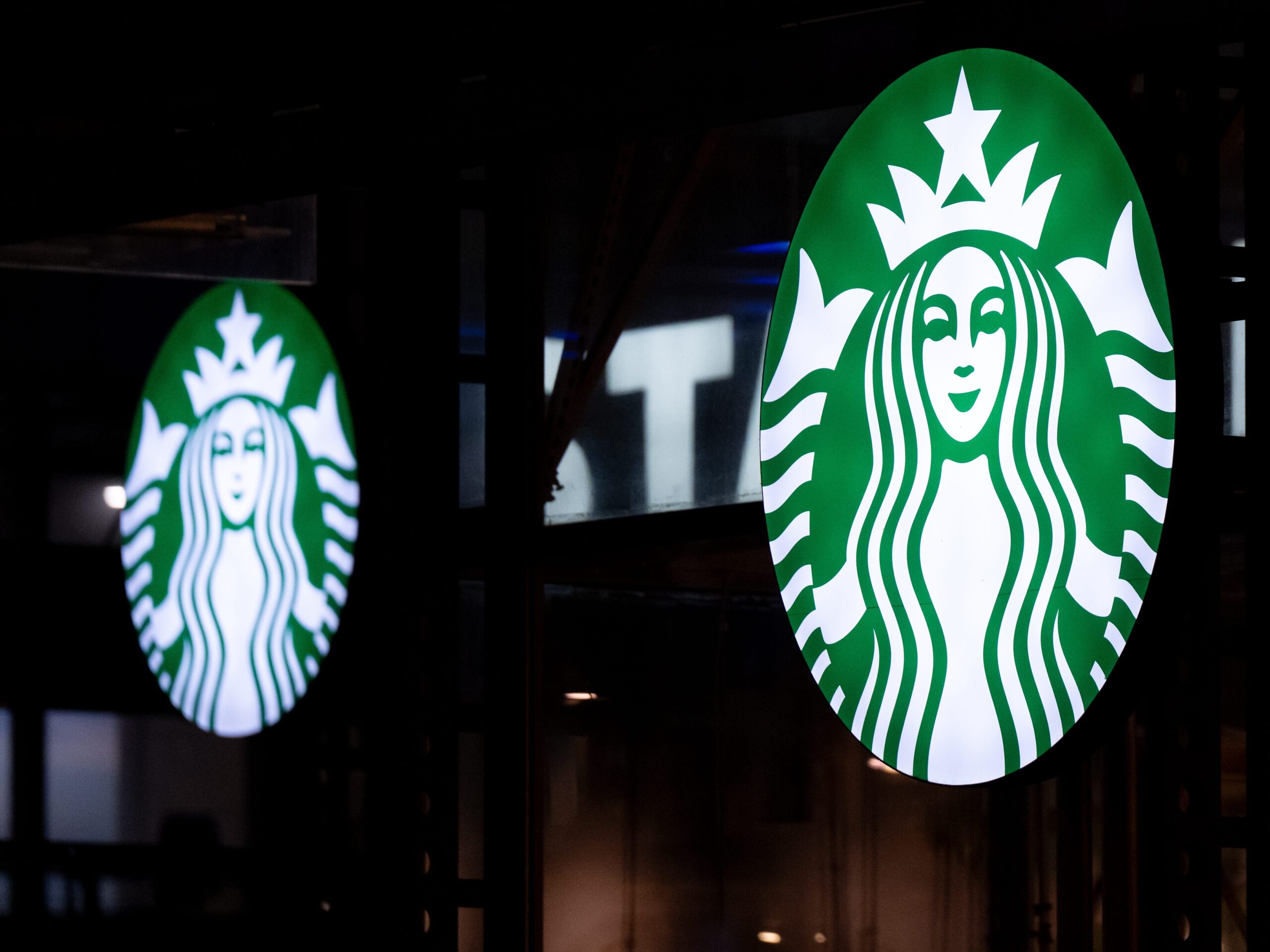Starbucks Workers Protest CEO’s Urgent RTO Mandate Increase

BREAKING: Starbucks CEO Brian Niccol announced an immediate increase in the company’s return-to-office (RTO) requirement, mandating employees to work four days a week instead of three. This decision, confirmed earlier today, has sparked intense backlash from corporate workers at the company’s Seattle headquarters.
In a flyer posted inside the corporate offices, a group named “Partners for the Preservation of Starbucks Culture, Mission, and Values” voiced their concerns, stating, “This is the wrong direction. Please stop.” Employees worry that this shift erodes the company’s celebrated people-first culture, a sentiment echoed by many in the workforce.
Starbucks officials stress that the RTO mandate aims to enhance company culture, not reduce headcount. However, employees are left feeling pressured. “For those of us who have been around for a while, we see a culture shift happening in the organization,” one veteran employee, with nearly 20 years at Starbucks, revealed.
The backlash follows Niccol’s firm directive: return to the office four days a week or face potential consequences. Some team leaders now find their remote work status revoked, requiring relocation to Seattle or Toronto. Employees have reportedly received voluntary buyout offers ranging from $20,000 to $100,000 based on their titles, prompting many to reconsider their future with the company.
Longtime employee Kristina Lawson, a program manager at Starbucks for over 18 years, expressed her frustration on LinkedIn, stating, “As Starbucks chooses to require all people-leaders to relocate to Seattle, I must consider exploring other opportunities.”
Starbucks has faced challenges recently, including the layoff of 1,100 corporate workers in February 2023. As corporate America grapples with return-to-office mandates, employees at major companies like Amazon and Zoom have also expressed their discontent. Some argue these mandates may be strategic moves to encourage voluntary resignations, thereby avoiding costly severance packages.
Niccol, who joined Starbucks from Chipotle last September, is focused on revitalizing the brand through the “Back to Starbucks” initiative. This includes reversing declining sales, improving customer experiences, and addressing longstanding issues with mobile ordering and wait times. Recently filed documents indicate that Starbucks executives could earn up to $6 million in stock bonuses if company cost-reduction goals are met by fiscal 2027.
The atmosphere at Starbucks is tense, with increasing protests from employees who fear that the company’s culture is slipping away. One Seattle-based corporate worker noted, “There are some remote partners that have niche knowledge and skills that will leave massive Kool-Aid man-sized holes in the wall if they decide to take the exit payment.”
As the situation develops, Starbucks employees continue to voice their concerns and explore options. The company’s next steps and the response from its workforce will be closely monitored as tensions rise.
Stay tuned for updates on this unfolding story.






